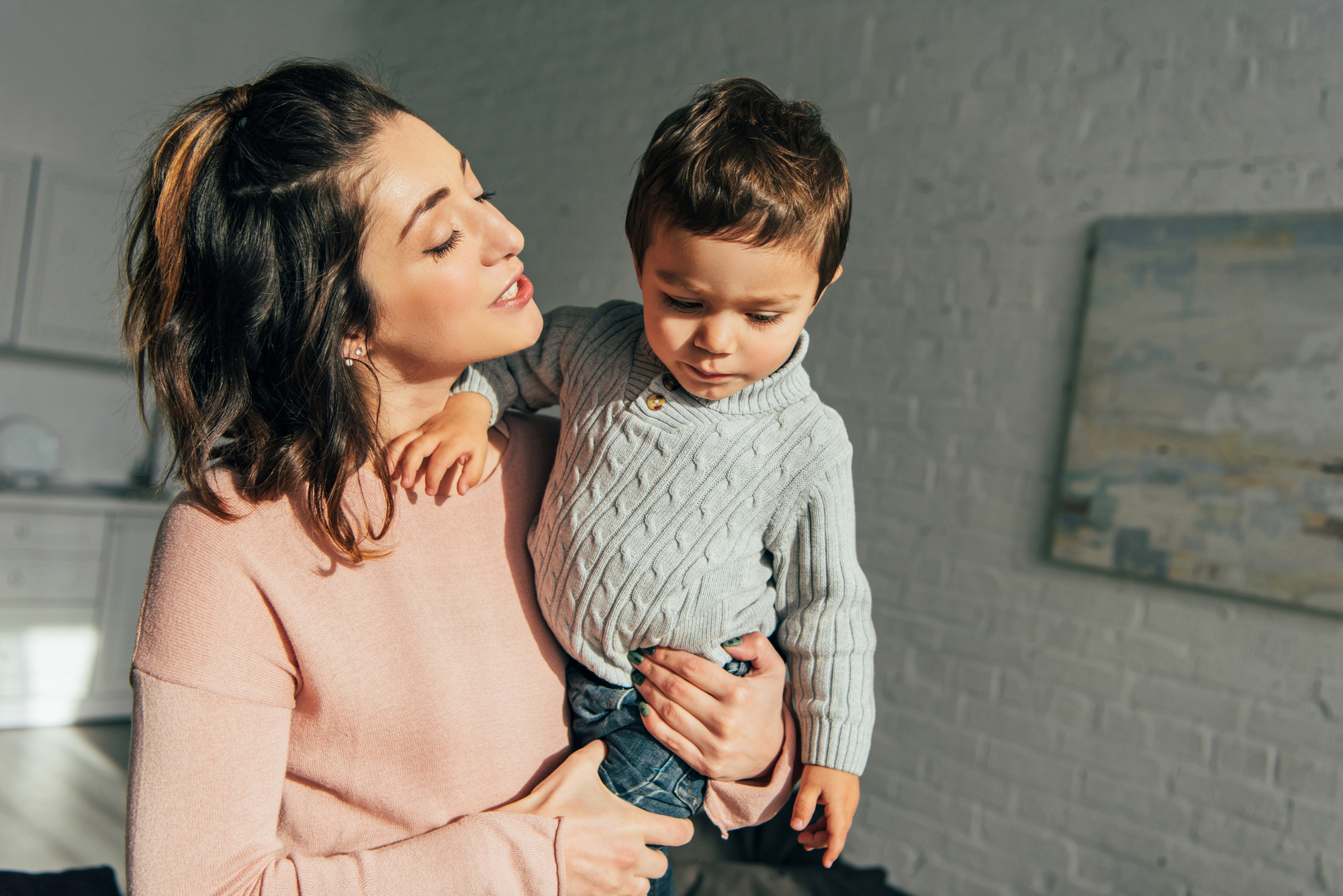Elisabeth Shaw, CEO, Relationships Australia NSW
Children need others to thrive. Not only do they need their physical needs met, they need to be loved and safe within relationships. Through those relationships, they develop the assuredness that they can turn outwards into the world and greet new experiences and meet new people from a stable base.
Other people also help children develop well, learn new skills, and get a measure of how they are seen, and in fact who they really are. When we say to a child “well done!” or “great drawing!” or “you are a great friend!” children start to say to themselves that these characteristics and qualities are who they are and how they can be liked by others. “I am a clever person, good drawer, great friend.” Our personalities, self-esteem, self-worth and value systems are all constructed relationally.
When isolated, children have to rely on their own resources. Depending on their personality and skill level, this could be hard. For example, an introvert will fare better having quiet time than an extrovert. A child isolated from outside resources but in a big family might do better than a child with no siblings who is isolated. A child with a parent who is travelling well in their own lives will fare better than if isolated with an isolated parent who is also struggling.
Children tell us with their behavior when they are struggling, and it can be from one extreme to another. For example, they could become more withdrawn or more demanding. They might seem more “grown up” or more infantile. They might show independence beyond their years or might suddenly seem to need a lot more help. Children will unconsciously find ways to get their needs for connection met, depending who is around to hear it. If no one hears, then they further modify their behaviour by either giving up or escalation.
Children also learn to modify their behaviour depending on who is there to receive it and comment on it. Parents and caregivers have needs too. They need to work, they have home duties, they might have their own personal crises or distractions, and they might get overwhelmed by all the responsibility. That also means that children’s experience of isolation is shaped by the assistance they have to get through it. So, if a parent needs a child to be very separate and independent, or self-sustaining and reliant, then a child might well learn those skills more quickly. Depending on their needs and the circumstances, this is not necessarily a bad thing. They are also good skills for life. However, if the child has learnt them as a result of having no option, and it is based on suppressing their own needs or abandoning them altogether, then the psychological impact will be more harmful. Boredom and loneliness are much harder for children as they have no life experience or resources to fall back on. An adult can, in general, think of more ways to manage this or mobilise more resources should they feel the same way.
As children develop a sense of worth and esteem through feedback and connection with others, then a period of isolation, such a COVID, hospitalisation, illness or even transitioning to a new school, can ignite fears about how they might cope, whether they will be liked or remembered, and whether other friendships have taken over and they will be left out or rejected. They can be fearful about re-engagement and need a lot of reassurance and assistance remembering good social skills. After being isolated, having a lot of people in your life suddenly can be hard to process, and they may feel more tired or overwhelmed at the end of the day, perhaps more clingy and needing more “down time”.
In preparation for a return to activity, getting into a good routine the week before is useful, such as re-establishing bedtimes. Remind them of their qualities and past successes and note these as they arise as well. Help them set small goals as part of their initial tool kit, such as “say hi to three people today”, “smile at everyone who catches your eye”. Encourage them to take it slow. Setting up play dates before returning to the masses can be very helpful. One-on-one or two to three will start to give a sense of normality and also start to remind your child of the value of other people for fun, playing games etc.
Children go through periods of insecurity and shyness, and this is normal at different ages and stages. What happens with friends is often magnified and disproportionate with what we know as adults, but their worlds are much smaller, and if they are not in the “in group” then it really can feel very bad. If the difficulties seem to linger longer, be part of a longer pattern or a family situation that has impacted confidence and social development, then it can be worth having a consultation with a family therapist. This approach is more of a “we are all in this together” than a focus on the child being a problem. It is important to make getting help a great resource that children can learn to welcome and utilise, rather than experience as them being in trouble or inadequate in some way. Organisations like Relationships Australia are here to assist.
To view on YouTube:
You may also like to read:









